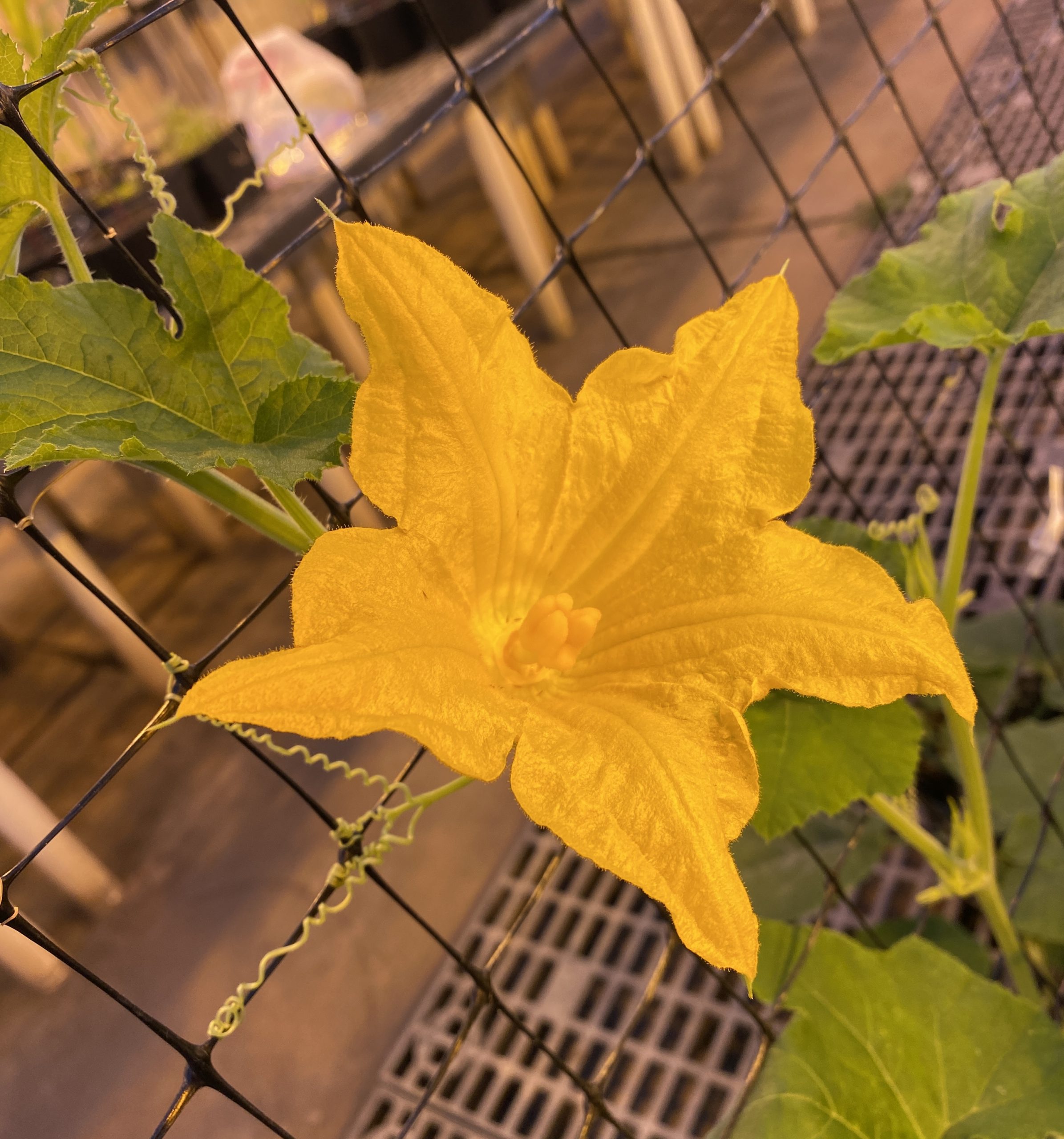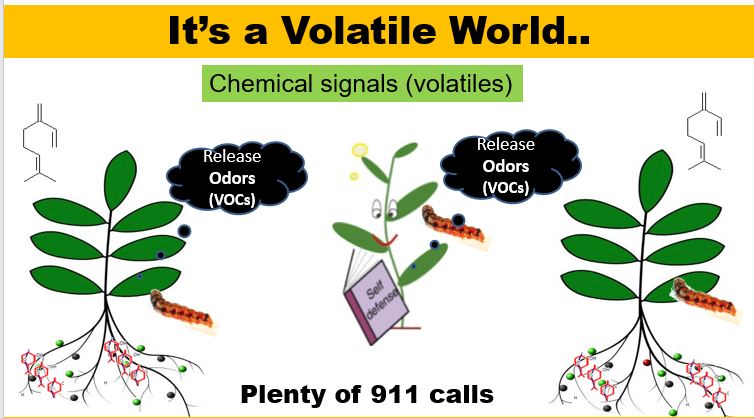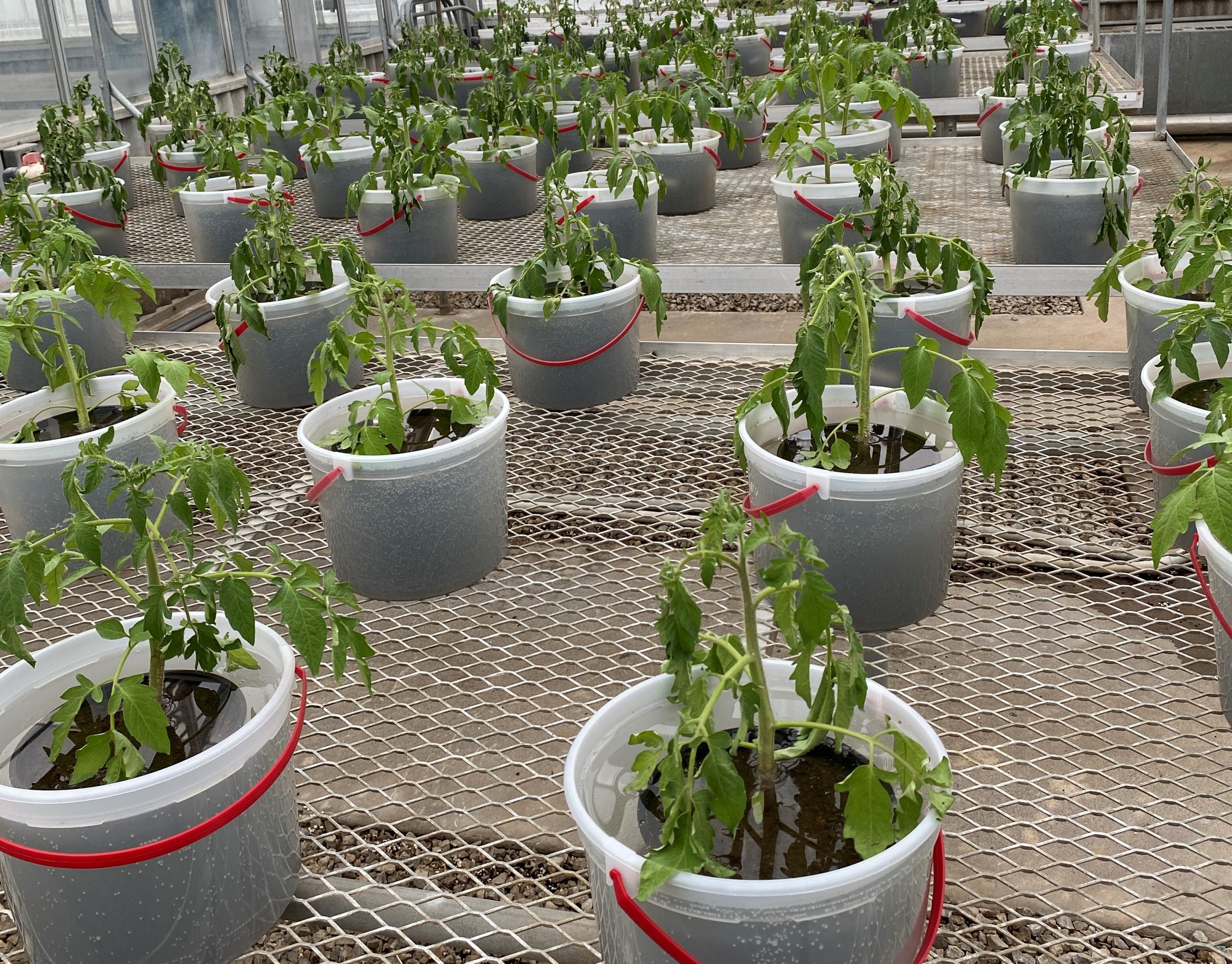Research at The Ngumbi Lab is aimed at:
- Understanding the multifaceted uses of chemical signals (both volatile and non-volatile) by insect herbivores, natural enemies, plants and their associated microorganisms. The overarching goals are to decipher many of these complex chemical-mediated conversations, whose outcomes are important with relevance to agriculture, insect pest management and the functioning of ecosystems.
- Finding microbial-based solutions for improving crop production, alleviating biotic and abiotic crop stressors and sustainable pest management. We use a comparative approach with model tritrophic systems and employ several chemical ecology and microbiology tools.
- Uncovering the consequences of domestication/plant breeding on plant-microbe and chemical-mediated plant-insect interactions.
- Understanding the impacts of flooding on soil microbes and defensive plant secondary metabolites. The overarching goal is to uncover the consequences of flooding on microbe-driven and chemical mediated plant and insect interactions.
- Advancing our understanding of plant and soils responses to sequential and simultaneously occurring biotic and abiotic stress combinations.
Research Projects
Impacts of flooding on microbe-driven and chemical-mediated plant and insect interactions
Because of climate change, flooding events have become frequent and common. Our research seeks to uncover the impact of flooding on microbe-driven and chemical mediated plant and insect interactions in maize and tomato.
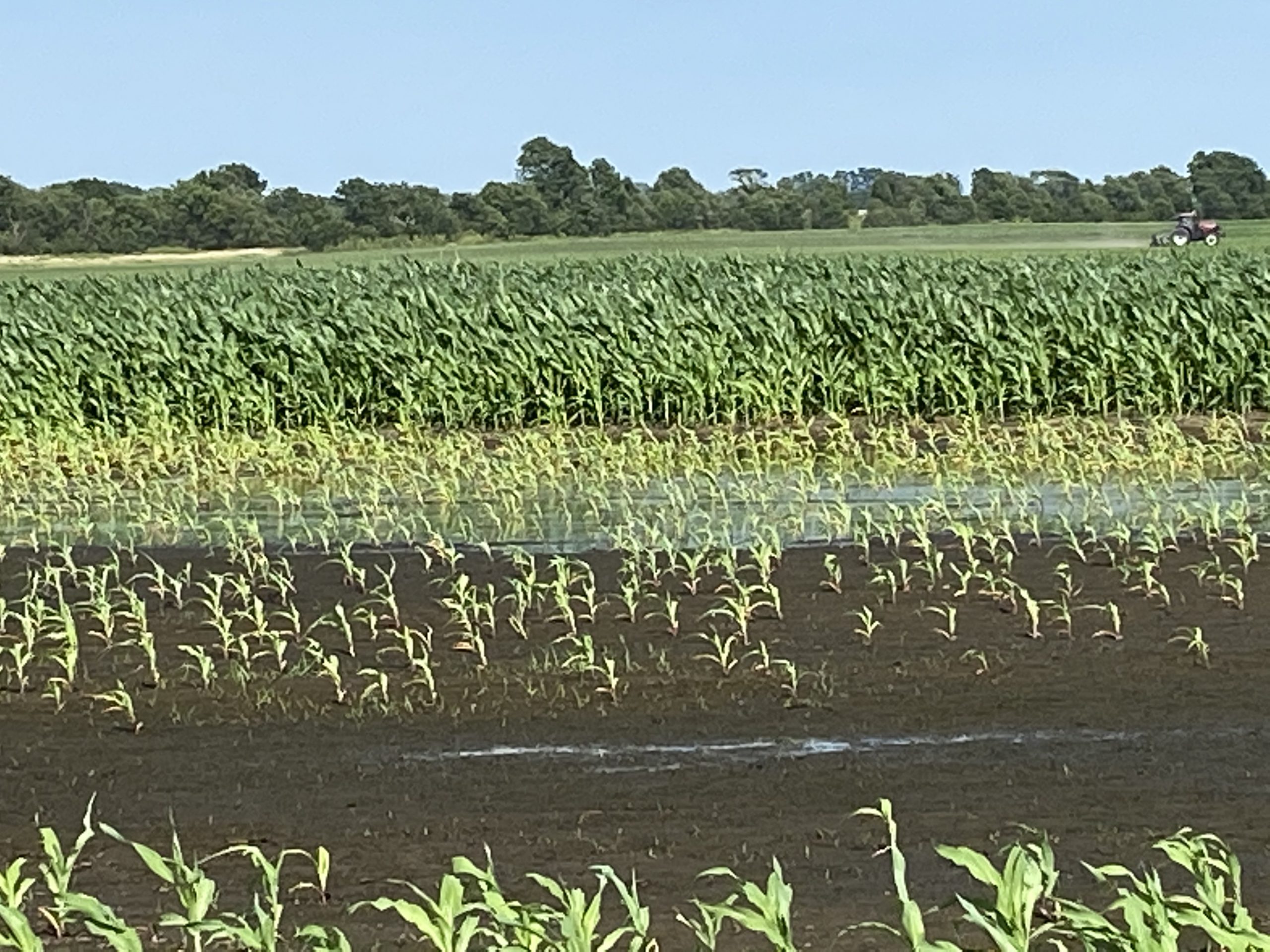
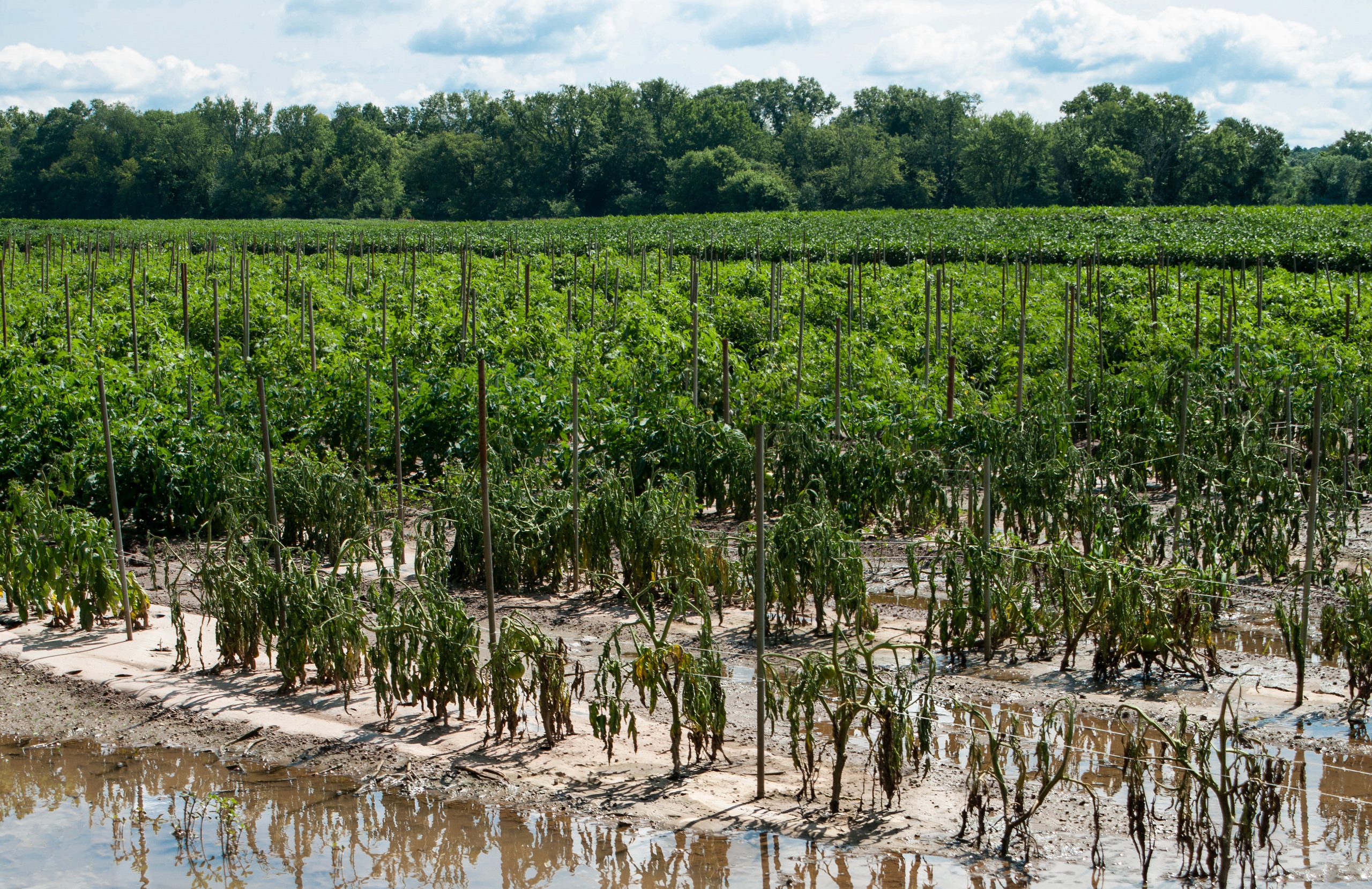
Consequences of domestication/plant breeding on plant-microbe and chemical-mediated plant-insect interactions
Crop breeding has altered plant genetics in variable ways. Plant defenses, plant-microbe interactions and plant-insect interactions are predicted to change with domestication. By coupling plant-microbe and plant-insect interactions and using the domestication lens/framework we can identify plant genotypes that have dual capabilities of recruiting and maintaining beneficial soil microbes and combating biotic and abiotic stressors.
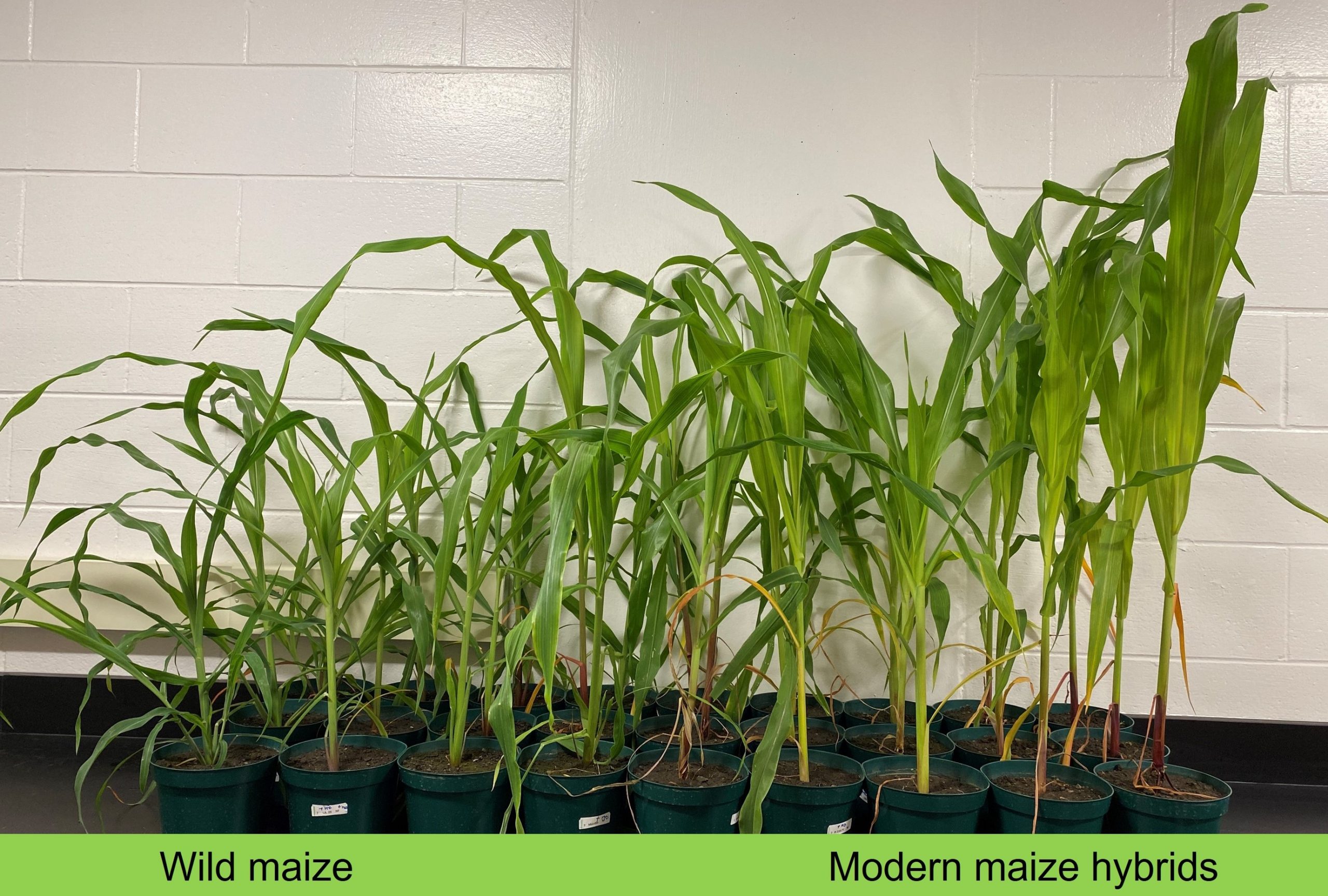
Plant variety, arbuscular mycorrhizal fungi colonization, soil fertility, herbivory and their influence on induced plant defenses and chemical-mediated plant-insect interactions
This research seeks to understand how plant variety, colonization of plants by mycorrhizal fungi and soil fertility impacts induced plant defenses and affects growth and performance of insect herbivores.
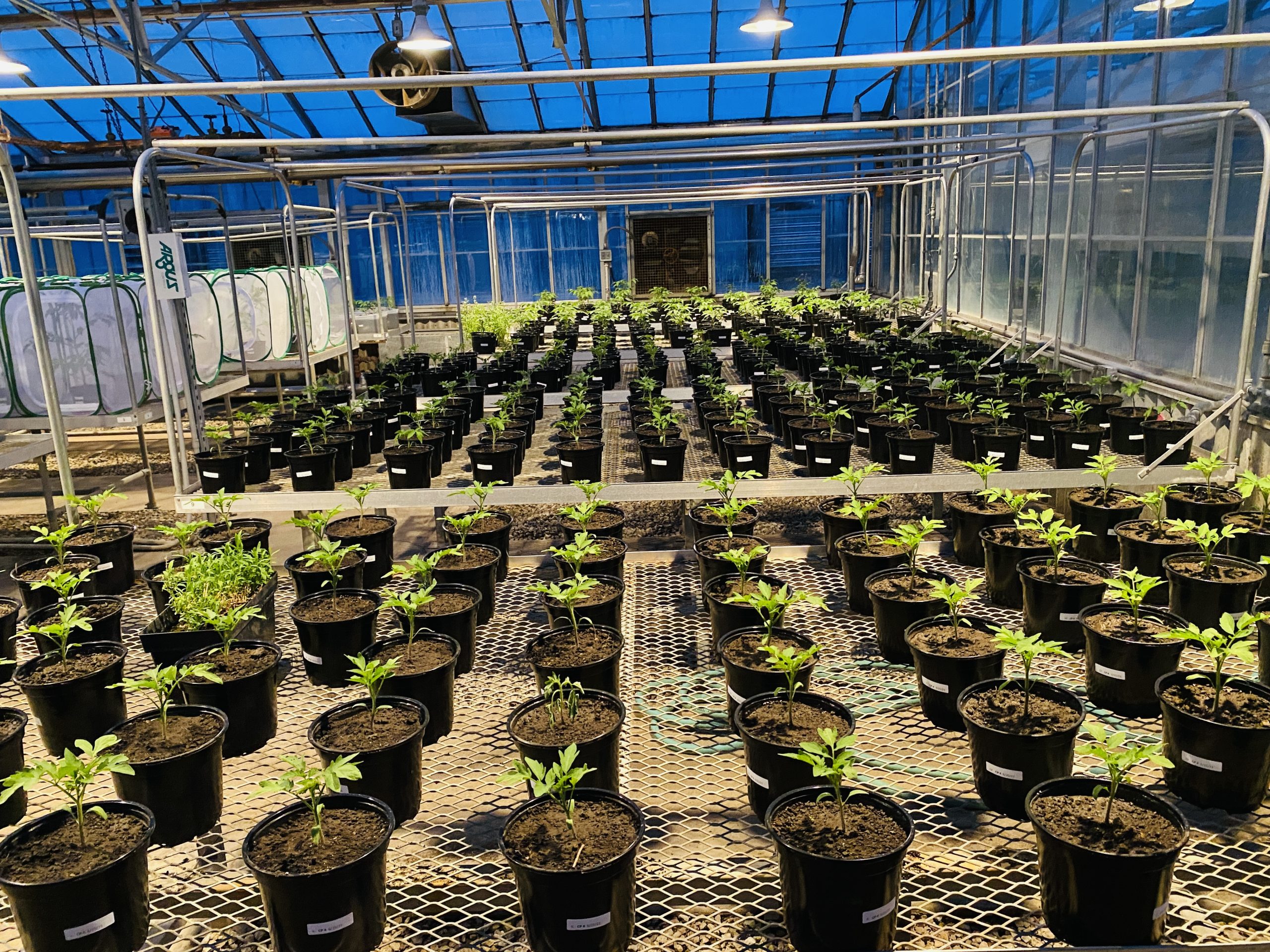
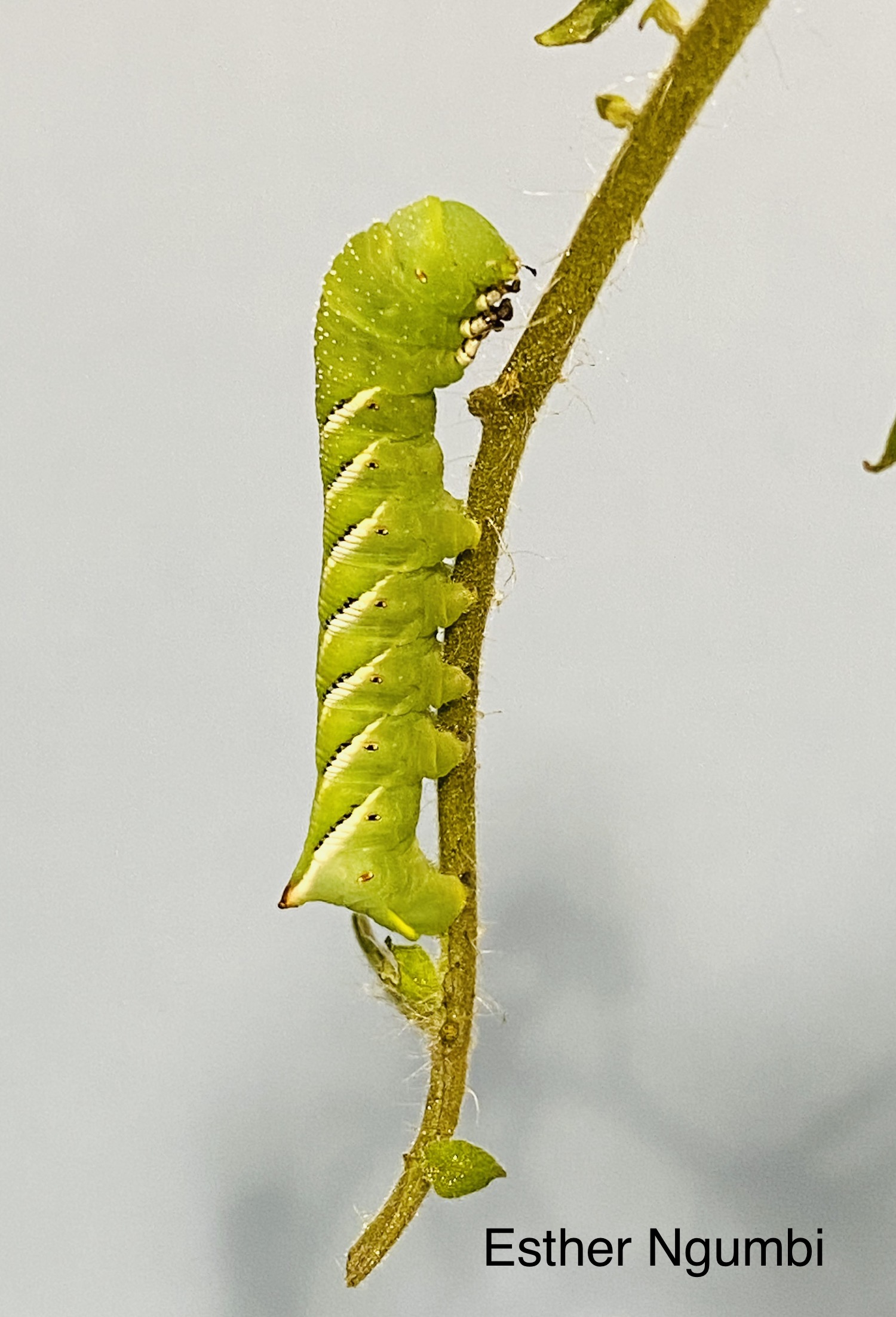
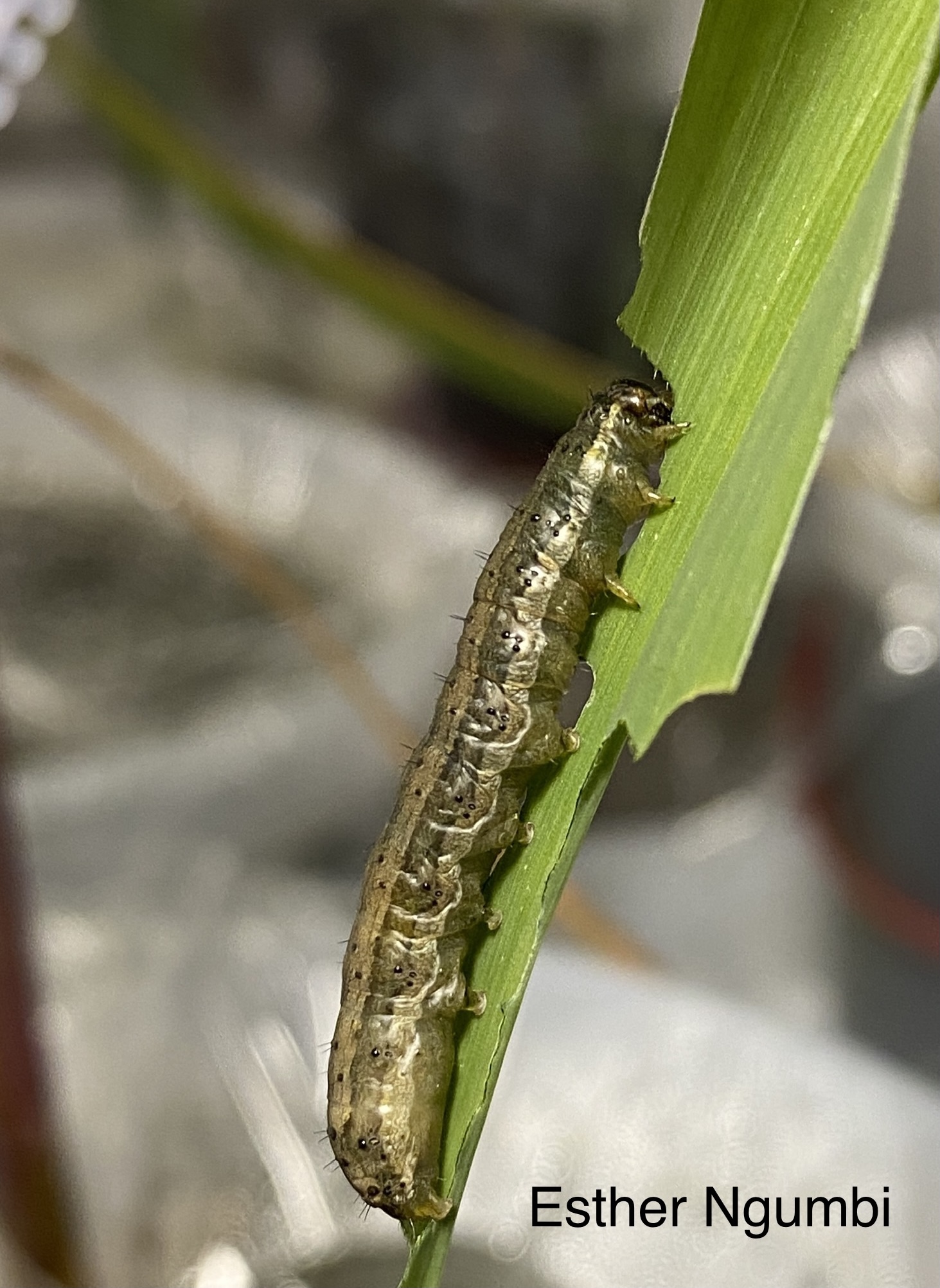
Beneficial soil microbes for abiotic and biotic stress alleviation
Our research on beneficial soil microbes seeks to find microbial-based solutions for improving crop production, alleviating biotic and abiotic crop stressors and sustainable pest management.
Additionally, we are seeking to understand if Bacillus conferred herbivory protection, through alterations in the emission of volatile organic compounds vary as a function of genotype and plant microbiome?
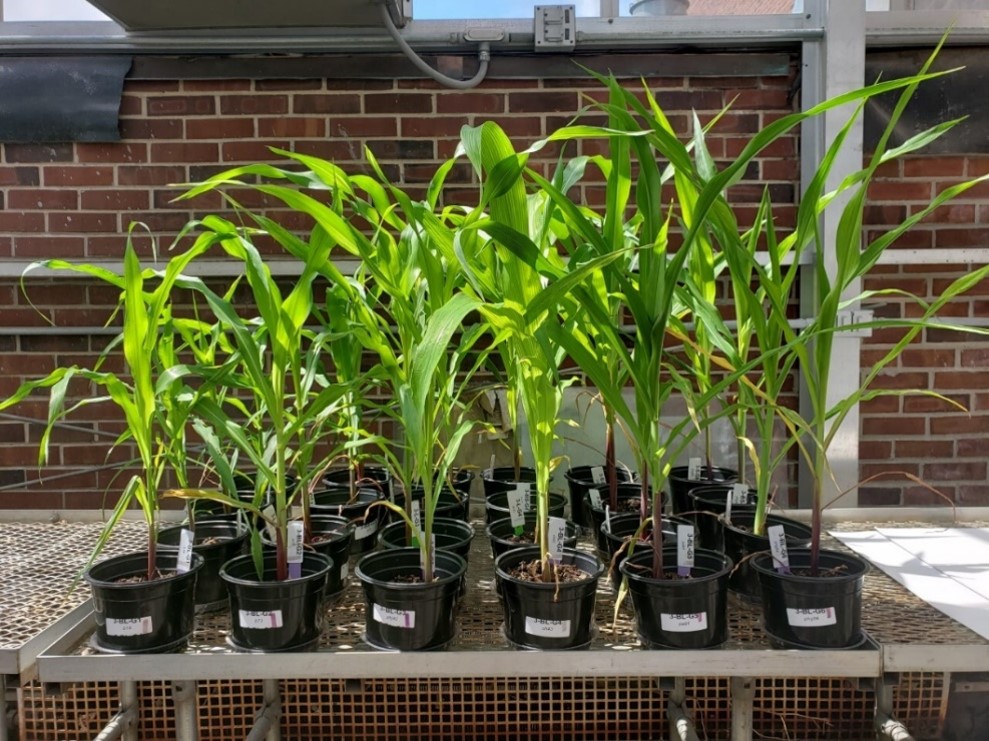
Cucurbita volatiles as attractive tools for pest management
This research seeks to harness plant chemistry to support sustainable management of a billion-dollar pest, the western corn rootworm.
